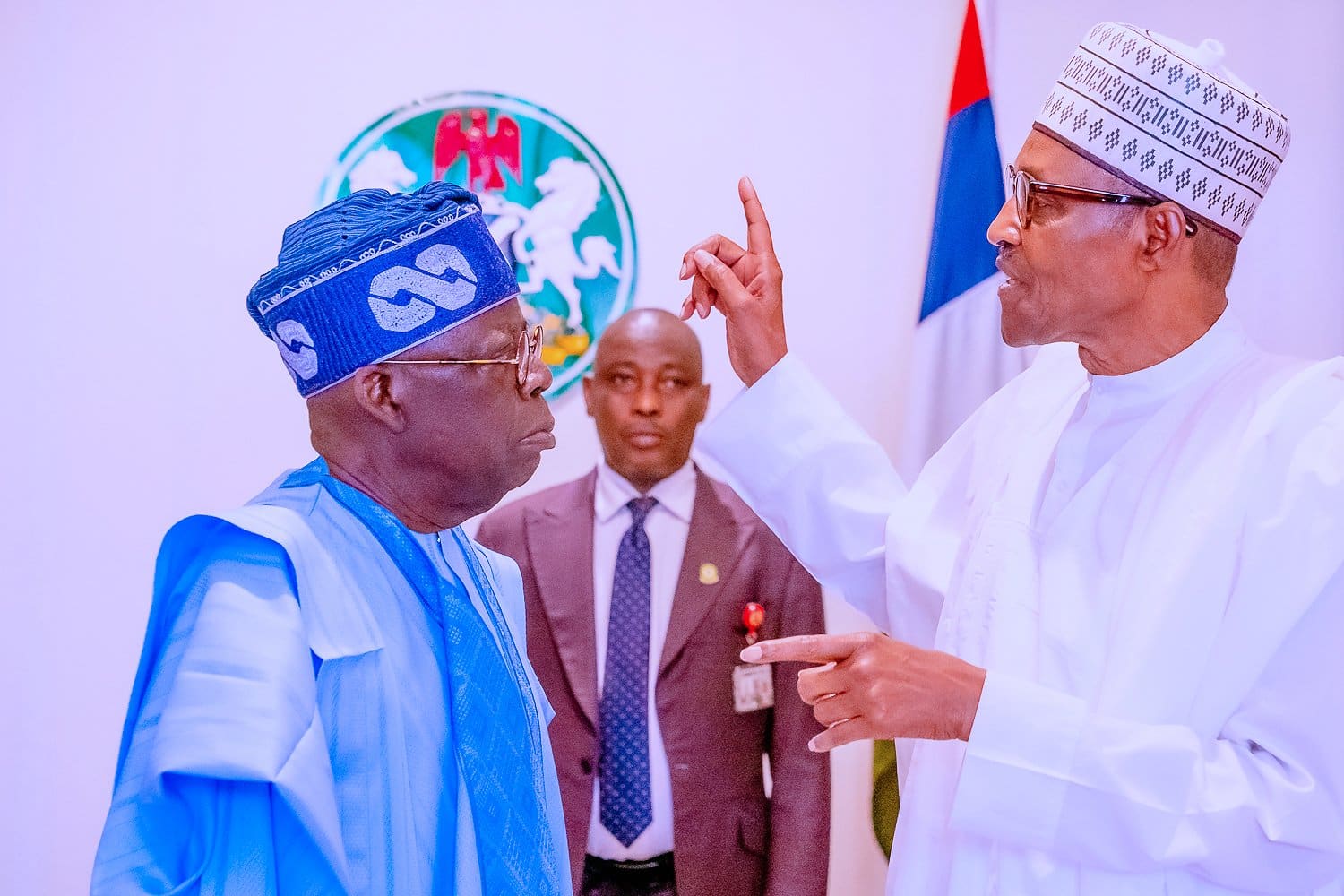ARTICLE AD

AIDS Healthcare Foundation
The AIDS Healthcare Foundation has urged African leaders to shape Africa’s future in global health security by demanding an equitable agreement that works for all nations, particularly those in the Global South.
The foundation made the call as part of its Save Our Society (SOS) campaign, leading up to the next round of World Health Organization Pandemic Agreement negotiations on November 4-15, 2024.
The pandemic agreement is to ensure responses to future pandemics and ensure equitable access to commodities and vaccines, among others.
The foundation, in a statement on Wednesday, stated that the COVID-19 pandemic exposed deep inequalities, with 85 per cent of African countries unable to vaccinate their populations while wealthier nations hoarded vaccines.
It noted that the upcoming Pandemic Agreement talks are Africa’s chance to ensure these disparities are never repeated.
The AHF Nigeria Country Program Director, Dr Echey Ijezie, said, “For a Pandemic Agreement to truly serve Africa’s needs, leaders across the continent must demand equity at its core, including ensuring fair and timely access to vaccines, diagnostics, and treatments through the establishment of regional manufacturing hubs and binding commitments on technology transfer across Africa.
“The pandemic has shown us that the health of one nation affects the health of all. Africans cannot wait for handouts in times of crisis, as was the case with COVID-19 and what is currently happening with insufficient access to vaccines in response to the Mpox outbreak. We must demand the tools, knowledge, and capacity to protect ourselves and ensure no country is left behind.”
It highlighted that African nations must be able to secure the knowledge and resources necessary to produce vaccines and other critical health commodities independently, reducing reliance on external suppliers and empowering the continent to respond to future pandemics with greater resilience.
It emphasised that sustainable financing is another vital component that African leaders must push for to support pandemic preparedness and health infrastructure.
“Africa’s leaders have an essential opportunity to influence the final terms of the WHO Pandemic Agreement. By standing firm on these issues—equity, regional production, technology transfer, and sustainable financing—African nations can secure a fairer and more resilient future for the continent. The time to act is now,” it added.
The foundation, however, demands concrete mechanisms to facilitate the local production of vaccines, diagnostics, and therapeutics in the Global South.
“This requires a binding roadmap for the transfer of knowledge, technology, and long-term sustainable financing, as outlined in Articles 9, 10, and 11 of the draft agreement.
We are asking for enforceable provisions that ensure technology transfer is not restricted to voluntary and mutually agreed terms but allows low- and middle-income countries (LMICs) the same flexibilities that rich nations like the United States have to use non-voluntary means and ancillary measures to address public health emergencies and other crises.
“The agreement must secure long-term, binding financial commitments from high-income countries to support pandemic preparedness and response in LMICs. Voluntary contributions alone will not suffice, as outlined in Article 20, and effective global health governance now recognizes the crucial role of civil society and other non-state actors in decision-making processes. Embracing a governance model that includes their meaningful participation can enhance legitimacy, bolster accountability, and transform the global health security architecture into a more equitable and effective system to better prevent, prepare for, and respond to global health threats,” it concluded.

 3 weeks ago
28
3 weeks ago
28 

